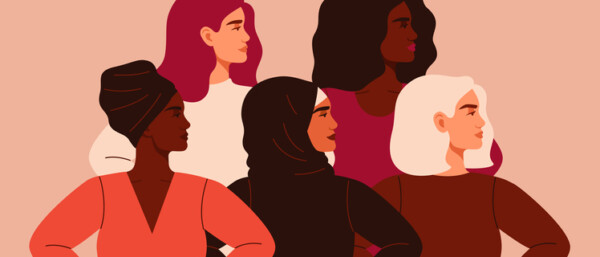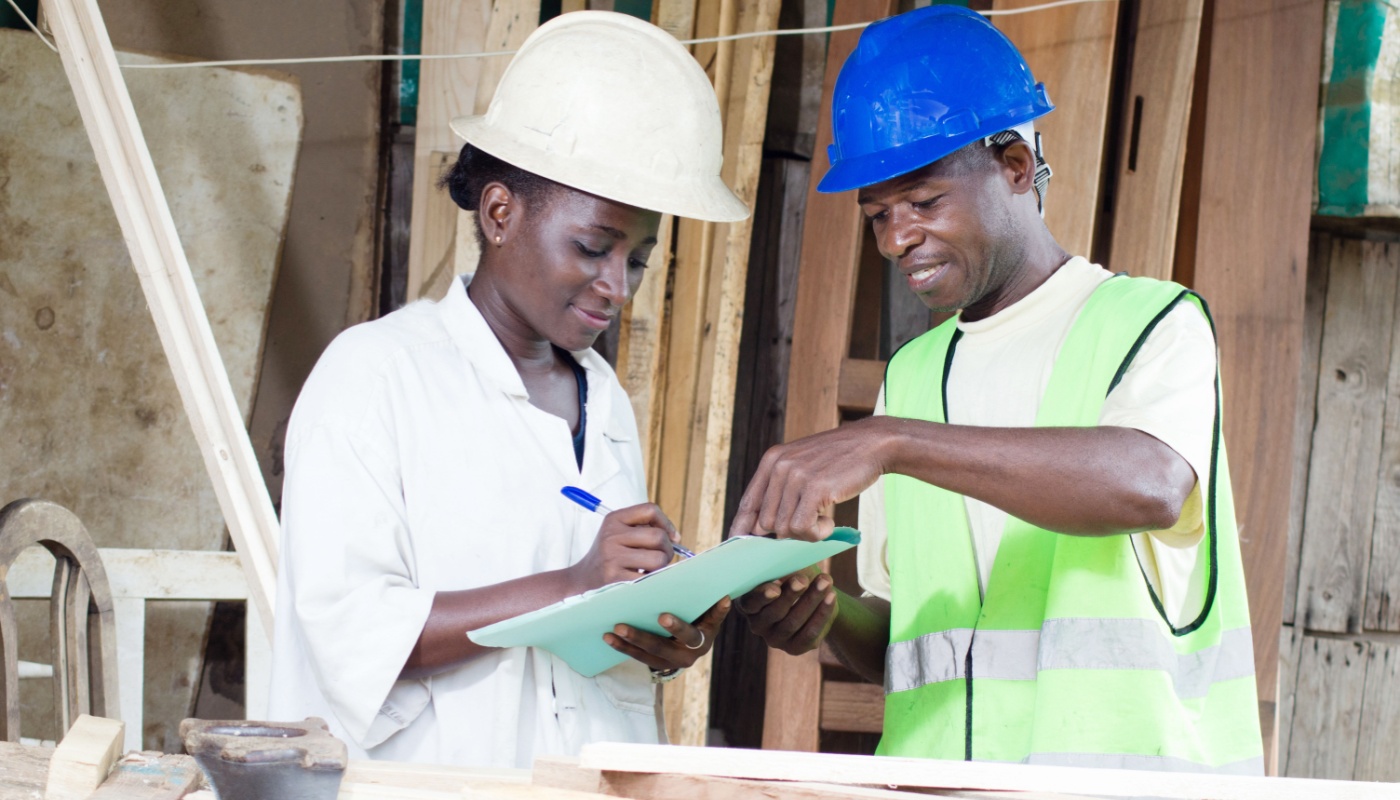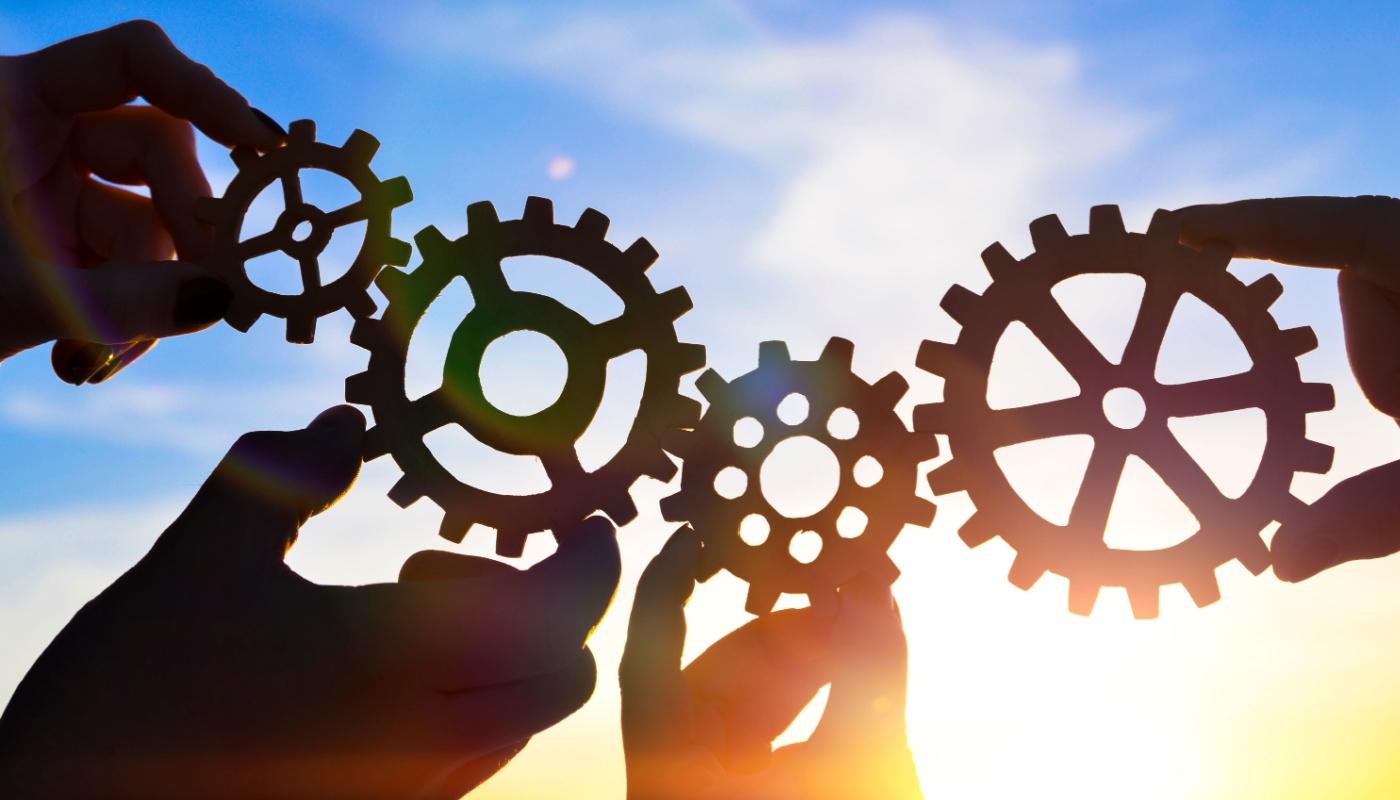
Championing inclusion on International Women’s Day 2024
The global labour market has long been plagued by gender gaps, posing significant challenges for both individuals and society as a whole. Women continue to face barriers in accessing education and training, limiting their career opportunities. Traditional gender roles, care giving responsibilities and persistent gender biases in industries hinder women from pursuing certain career paths and reaching leadership positions. According to the 2023 Global Gender Gap Index, at the current rate of progress, it will take 131 years to reach full parity.
Addressing these issues presents an opportunity for growth and progress. Empowering women through education and breaking down gender stereotypes can unlock a vast pool of untapped talent, helping to drive economic growth and innovation.
As we celebrate International Women’s Day 2024 and the theme to “Inspire Inclusion,” we take the time to reflect on our current and previous projects at People 1st International, where we have actively worked towards breaking barriers and promoting opportunities for women. From fostering education and career opportunities for girls and women, to implementing inclusive HR policies that promote opportunities for women in the workforce, each project serves as a reminder of the importance of inclusion.
Promoting employment opportunities for women and young people in Colombia’s construction sector
After the Covid-19 crisis deepened inequalities and disproportionally affected young people and women in Colombia, a national strategy for economic recovery was implemented by the Colombian government, which prioritised the infrastructure and construction sectors.
We worked with partners including the FCDO and the Colombian Construction Chamber (Camacol), with the support of the National Training Service (SENA) and the Office of the Presidential Adviser on Equality for Women to design a training and labour inclusion model for women and young people in the construction sector to promote a more inclusive organisational culture.
The gender equality and social inclusion toolkit and workshops we developed and delivered provided 28 construction companies with approaches to building job opportunities for women and youth, strategies for social and gender inclusion, promotion of violence‐free environments and inclusive recruitment processes.
High-quality training enhancement and inclusion in Egypt
Creating economic opportunities and advancing the skills and employability of the local workforce is vital in Egypt, where young people are suffering from high levels of unemployment. The share of youth unemployment among the male labour force lies at 27% and for female at 38.3%.
Working with Hyatt Regency Cairo West and our partners as part of a project funded by European Bank for Reconstruction and Development (EBRD) and the Swiss State Secretariat for Economic Affairs (SECO), we developed a high-quality training enhancement and inclusion programme for the hotel. The project included a special focus on diversity to encourage and support young women’s inclusion in the labour market.
We conducted an equal opportunities and diversity assessment with recommendations to further strengthen Hyatt’s HR policies and practices concerning recruitment, pay, progression and training as well designing and delivering training and initiatives to promote women’s participation in the sector and gender-sensitive practices. As a result, the diversity of Hyatt’s workforce has improved, with the number of women being employed increasing from 12% to 18%.
Gender equality in higher education systems in Brazil, Mexico and Peru
In a three-year project we’ve recently embarked on through a partnership with the British Council to advance gender equality in higher education institutions within Brazil, Mexico, and Peru, we’re working on a comprehensive framework for gender and diversity. The project involves institutional mapping, development of strategies for local implementation of gender and diversity frameworks, projects, and policies.
Through workshops, content development, literature reviews, and capacity-building initiatives, the project aims to foster gender equality, inclusivity, and professional development for women in academia across the targeted countries. Ultimately, the goal is to contribute to a more equitable higher education landscape in the region.
Reflections
We are proud to see how these initiatives are helping to foster a more diverse and equitable society for women, but we also acknowledge that there is still much work to be done. As we continue to support gender equality throughout our interventions, we’re committed to informing approaches and implementing interventions that help deliver gender-transformative, youth-friendly, and socially inclusive outcomes.



